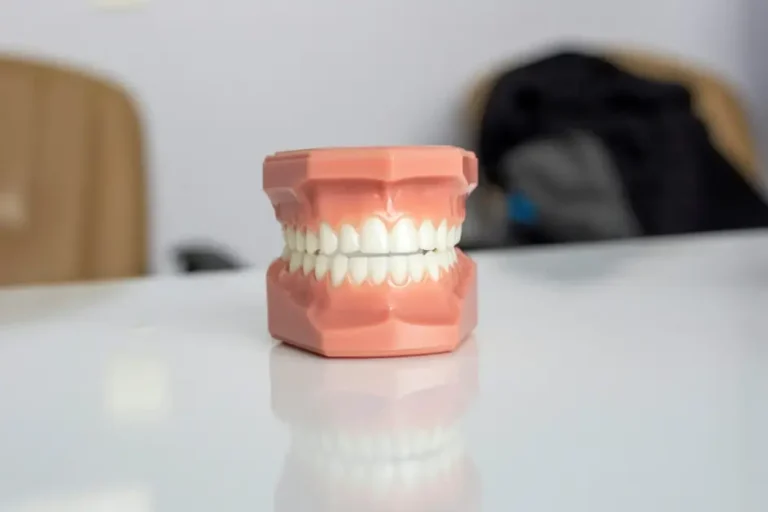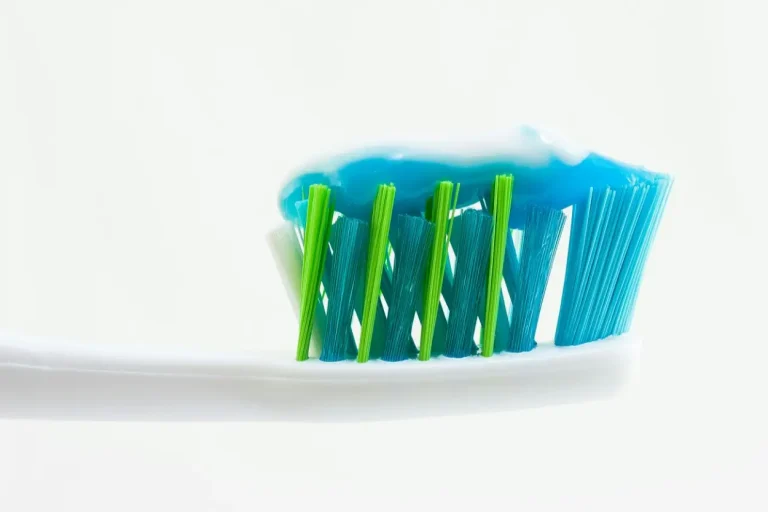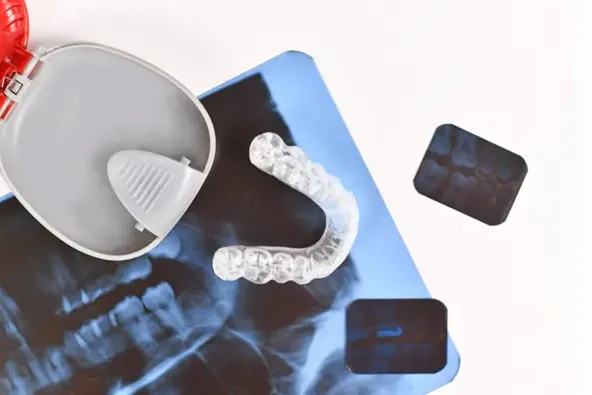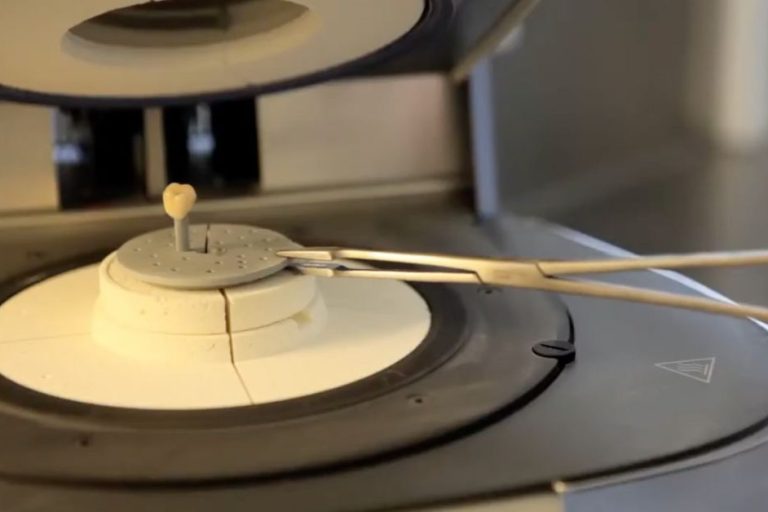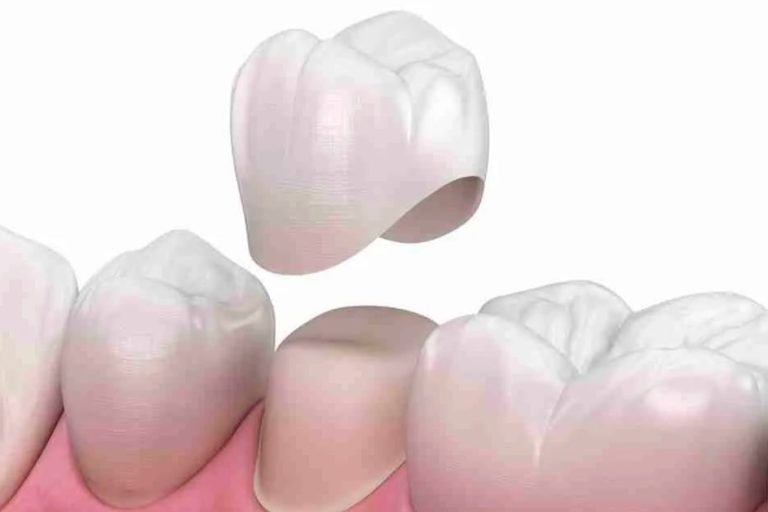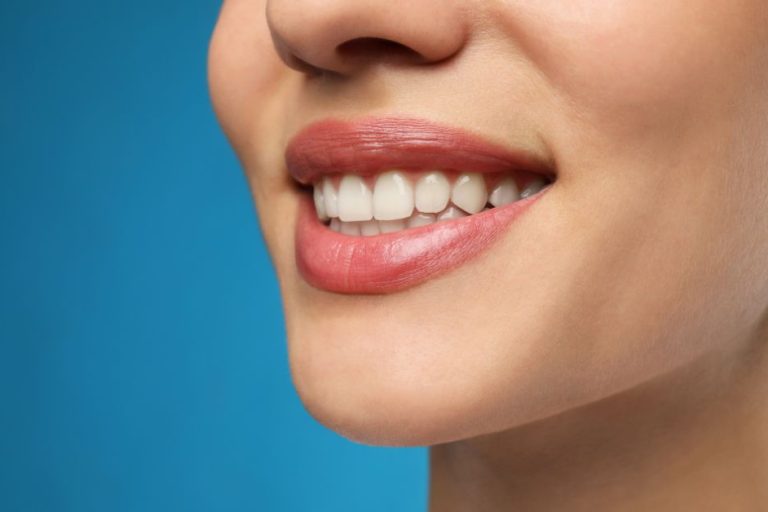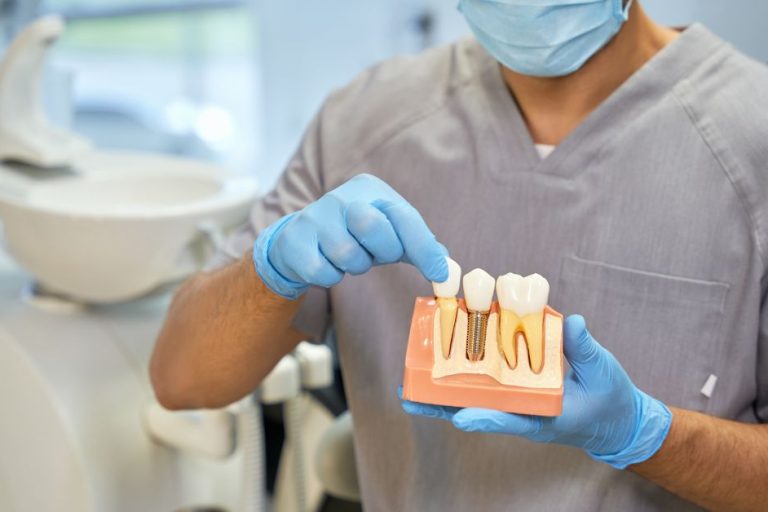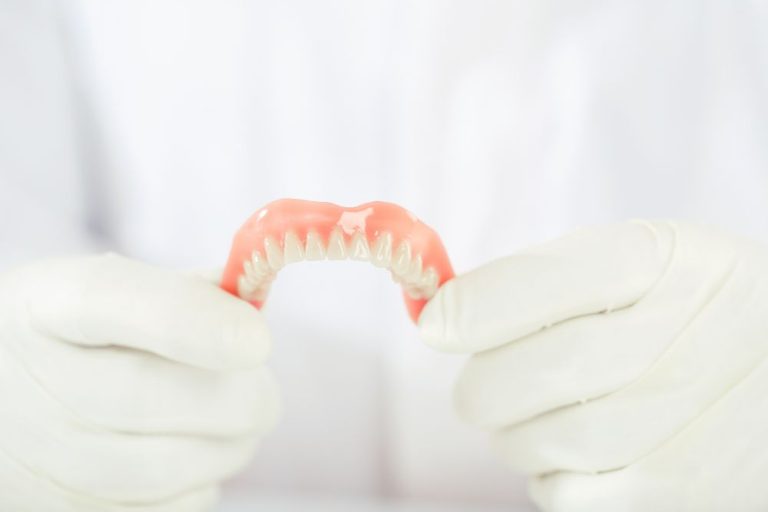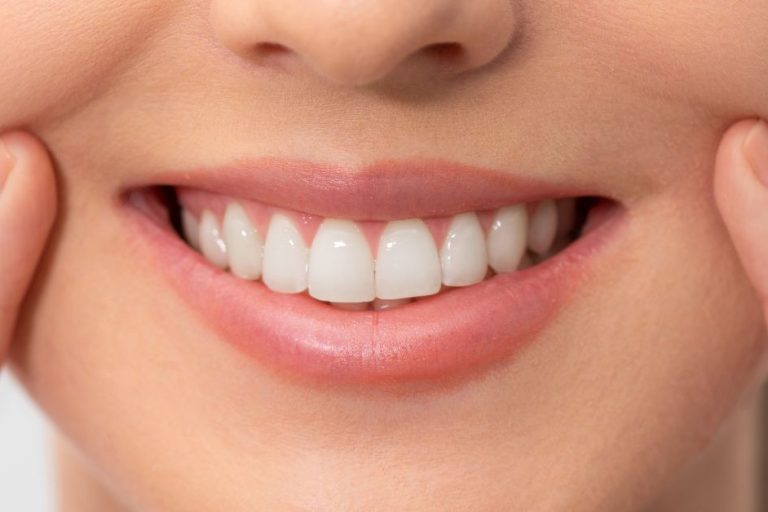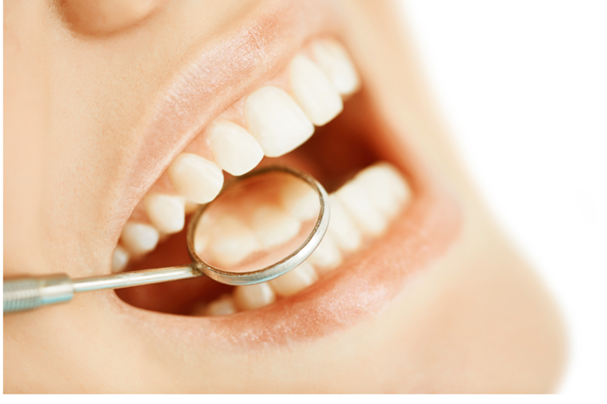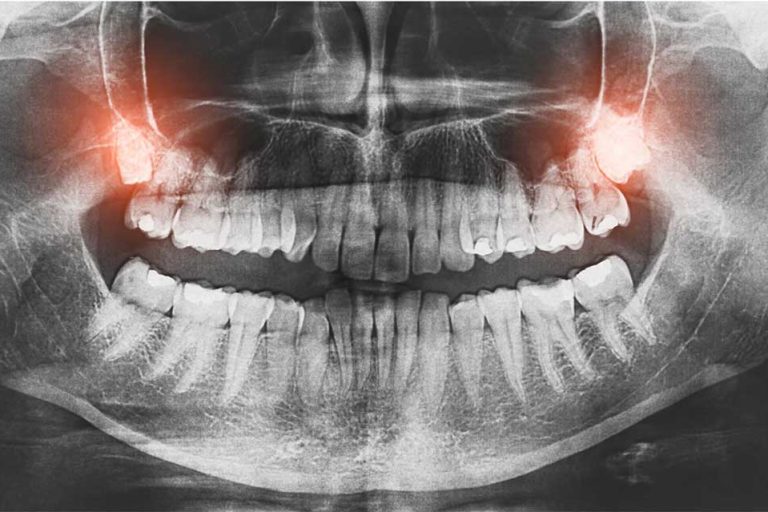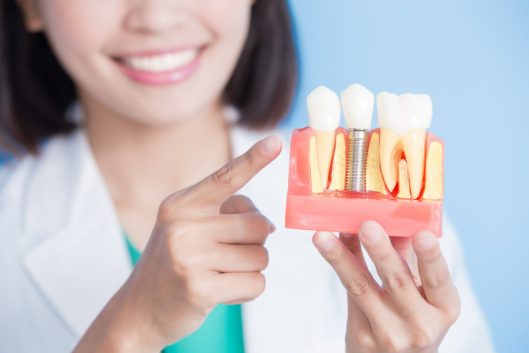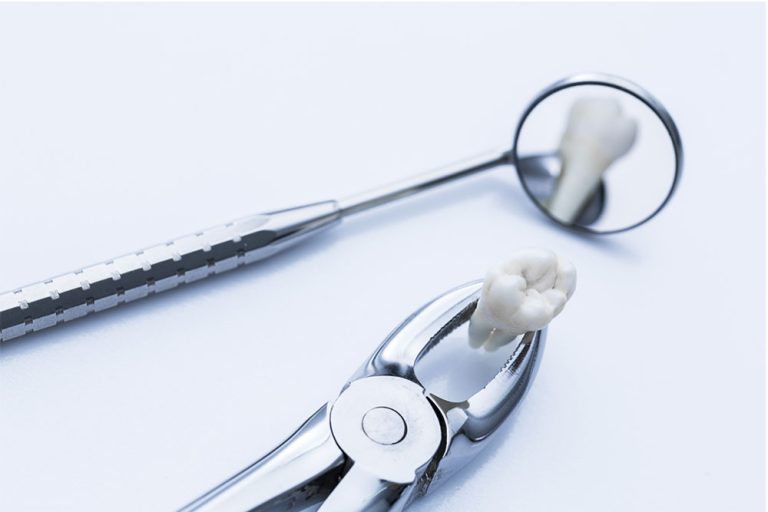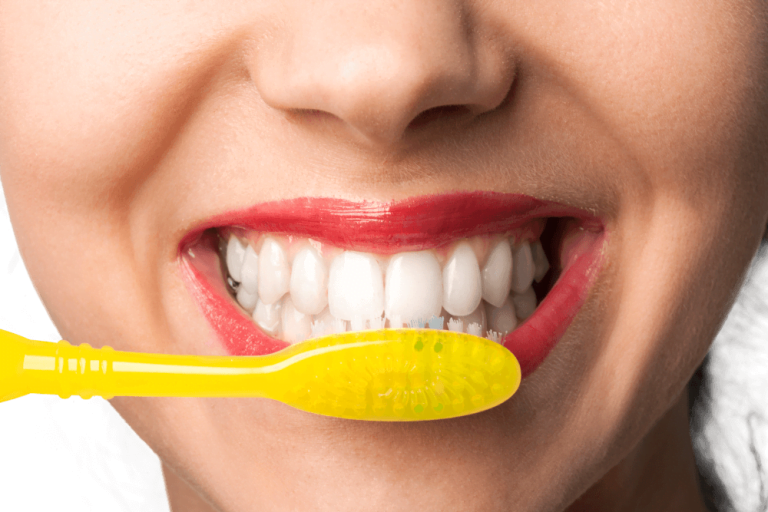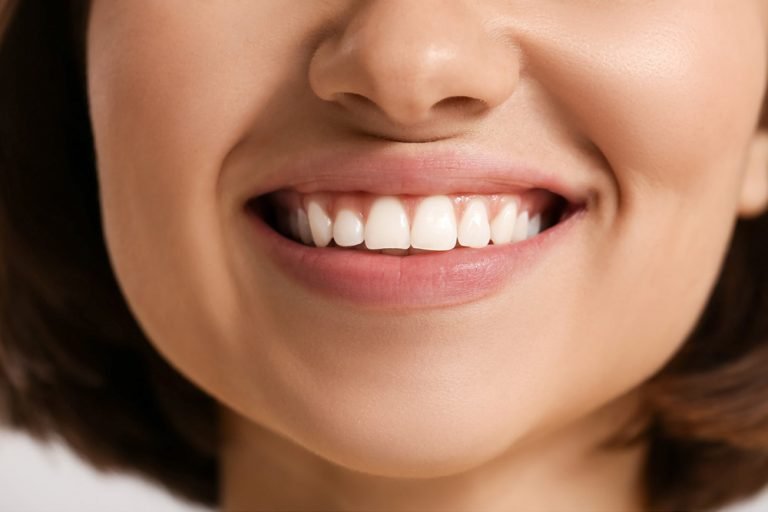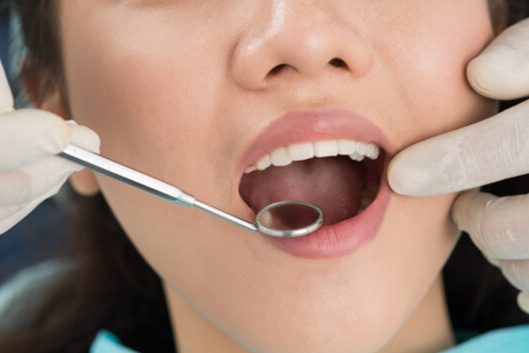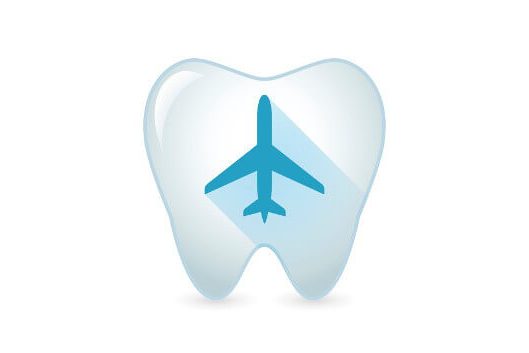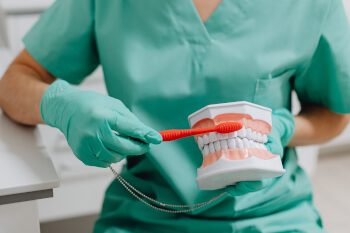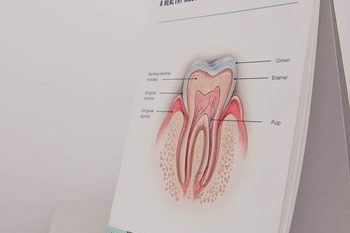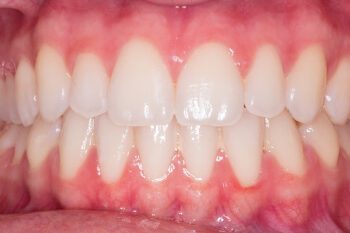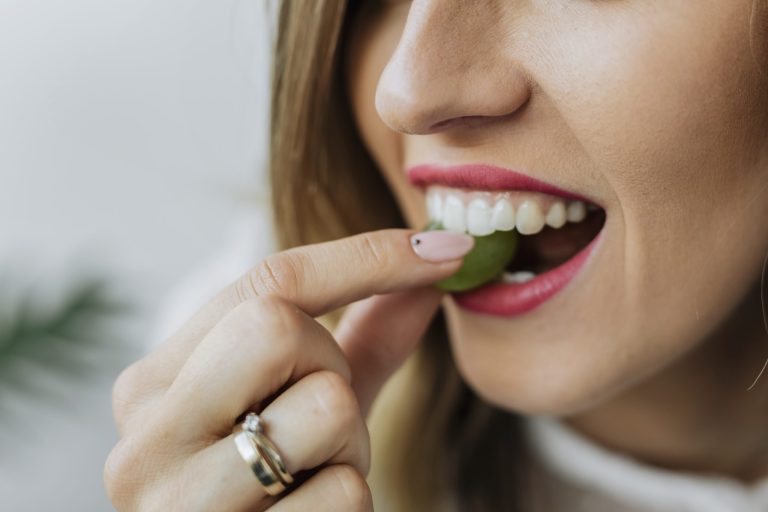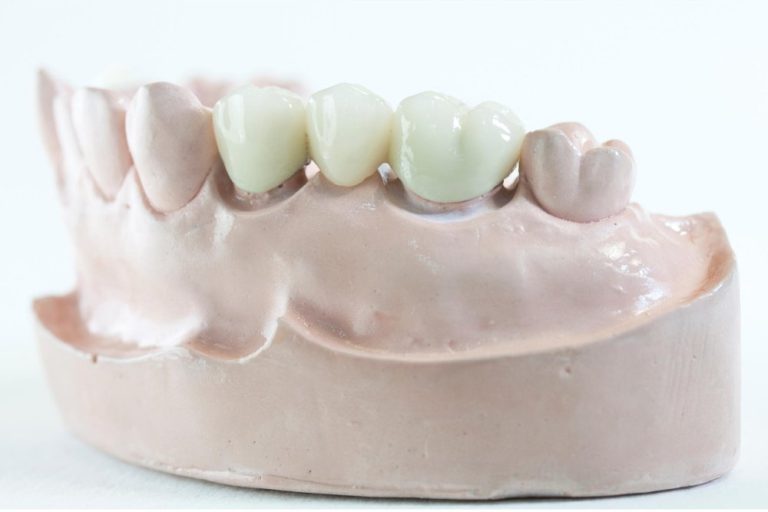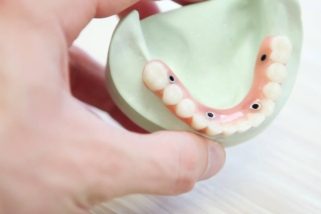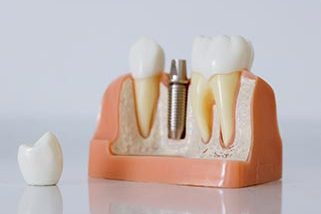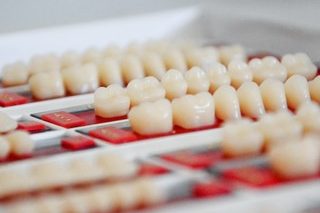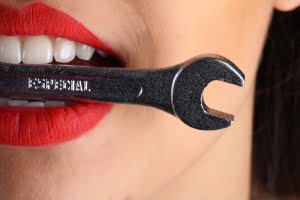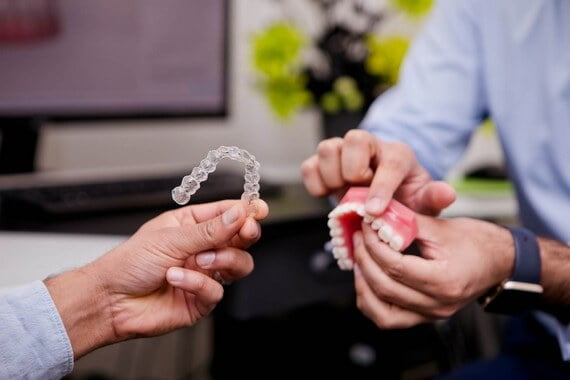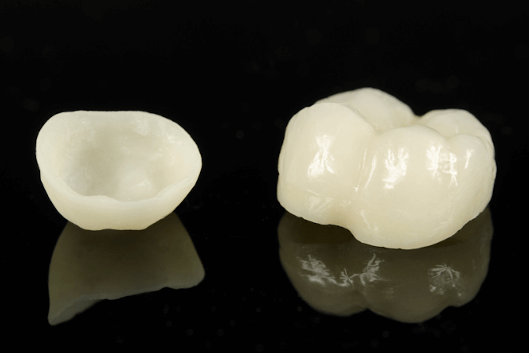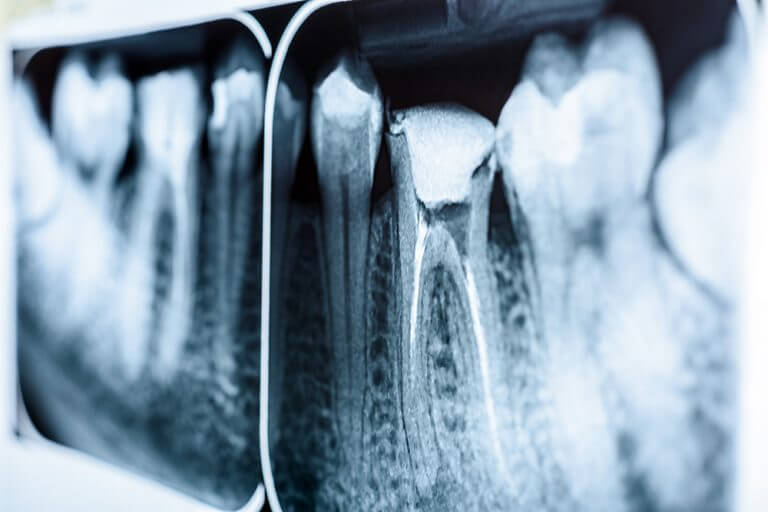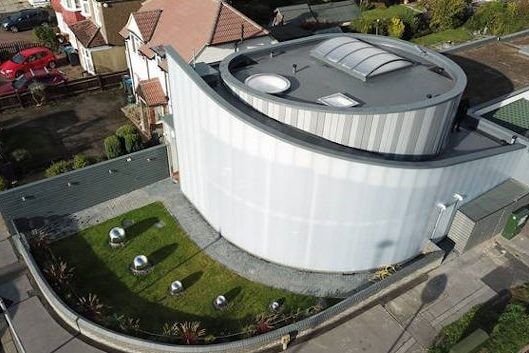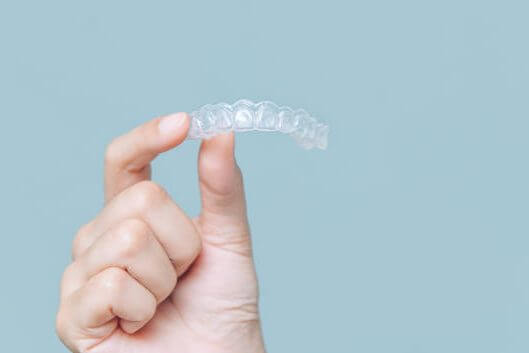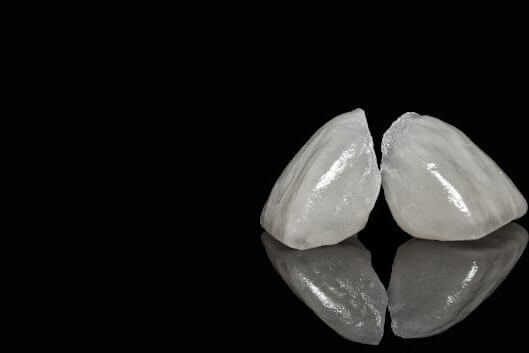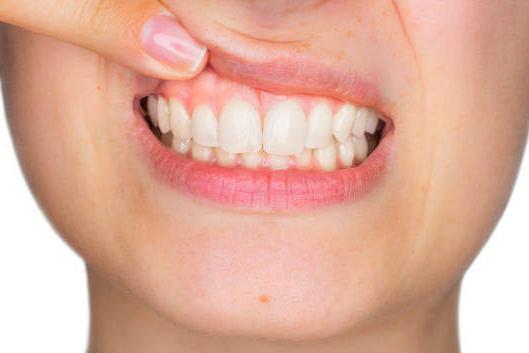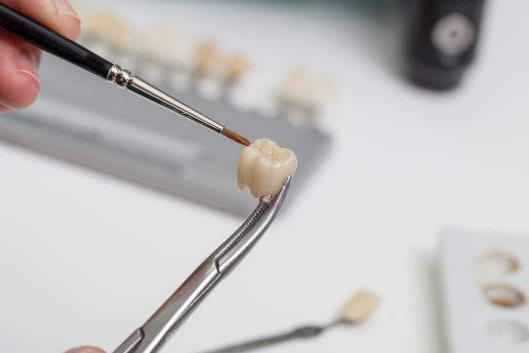Veneer and Composite Bonding: What are They and Which One is Better?
 If you are unhappy with the appearance of your teeth, you may have considered cosmetic dental procedures to improve your smile. Two of the most common cosmetic dental procedures are veneer and composite bonding. But what are they and which one is better for you? In this blog
If you are unhappy with the appearance of your teeth, you may have considered cosmetic dental procedures to improve your smile. Two of the most common cosmetic dental procedures are veneer and composite bonding. But what are they and which one is better for you? In this blog
post, we will explain what veneer and composite bonding are, how they differ, and how long they last.
What is veneer?
Veneer is a thin shell of porcelain or ceramic that covers the entire front of your tooth. It is custom-made to match the shape, size, and colour of your natural teeth. Veneer can be used to correct various cosmetic issues, such as:
- Severely discoloured or stained teeth
- Chipped or cracked teeth
- Misaligned or uneven teeth
- Gaps between teeth
- Worn-down teeth
To apply veneer, your dentist will first remove some enamel from your tooth to make room for the shell. Then, they will take an impression of your tooth and send it to a laboratory where the veneer will be fabricated. Finally, they will bond the veneer to your tooth using a special cement and a curing light.
What is composite bonding?
Composite bonding is a tooth-coloured resin that is sculpted and hardened on your tooth. It is also known as dental bonding or direct bonding. Composite bonding can be used to fix minor cosmetic issues, such as:
- Small gaps between teeth
- Chipped or cracked teeth
- Slightly discoloured or stained teeth
- Misshapen or crooked teeth
- Exposed tooth roots
To apply composite bonding, your dentist will first roughen the surface of your tooth and apply a conditioning liquid to help the resin stick. Then, they will apply the resin in layers and shape it to match your natural tooth. Finally, they will use a curing light to harden the resin and polish it to make it smooth and shiny.
Which one is better?
The choice between veneer and composite bonding depends on your personal preference, budget, and dental condition. You should consult with your dentist to find out which option is best for you. Here are some factors to consider when comparing veneer and composite bonding:
- Cost: Veneer is more expensive than composite bonding. The average cost of veneer in the UK ranges from £500 to £1000 per tooth, while the average cost of composite bonding ranges from £100 to £300 per tooth.
- Durability: Veneer is more durable and resistant to staining than composite bonding. Veneer can last for 10 to 15 years or longer, while composite bonding can last for 5 to 10 years or less.
- Maintenance: Veneer requires less maintenance than composite bonding. Composite bonding can chip or discolour over time and may need regular touch-ups. Veneer can also chip or crack, but this is less likely if you take good care of them.
- Procedure: Veneer takes longer to complete than composite bonding. Veneer usually requires two or more visits to the dentist, while composite bonding can be done in one appointment. Veneer also requires removing some enamel from your tooth, which is irreversible. Composite bonding only requires roughening the tooth surface, which is reversible.
How to make them last longer?
Whether you choose veneer or composite bonding, you should follow these tips to prolong their life and keep them looking good:
- Brush your teeth twice a day and floss daily
- Visit your dentist regularly for check-ups and cleaning
- Avoid biting hard objects or foods that can crack or chip your veneer or composite bonding
- Avoid staining foods and drinks that can discolour your veneer or composite bonding
- Quit smoking and limit alcohol consumption
Conclusion
Veneer and composite bonding are two cosmetic dental procedures that can improve the appearance of your teeth. They both involve applying a material to the surface of your teeth to cover imperfections such as chips, cracks, gaps, or discolouration. However, there are some differences between them in terms of cost, durability, maintenance, and procedure. The choice between them depends on your personal preference, budget, and dental condition. You should consult with your dentist to find out which option is best for you.
Call 020 3925 3846 or fill in our form to enquire about your consultation.

